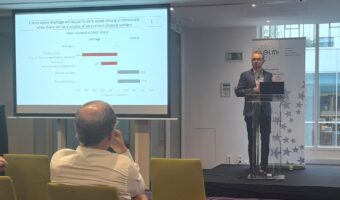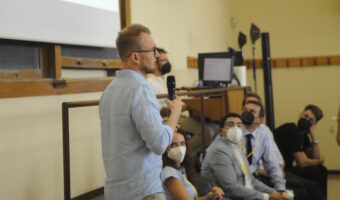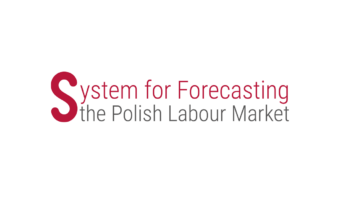The aim of the project is to develop a novel forecasting method for main labour market variables for Poland. The main challenge to overcome is to distinguish between labour market demand and supply and to calculate the resulting gap. Furthermore, it is expected that these forecasts be at a high level of disaggregation (spatial, by education attainment and others) up to the year 2050. The resulting forecasting model will be made available to employees of labour market institutions through a web-based graphic user interface, which will aid them in planning effective labour market policies.
The project is carried out by a consortium of the Institute for Structural Research, University of Lodz and the Institute for Labour and Social Studies.
“System for forecasting the Polish labour market” Agreement No. POWR.02.04.00-00-0083

***
The project budget: 7 367 919,38 PLN. The European Social Fund – Operational Programme Knowledge Education Development – 6209 682,45 PLN, national co-financing – 1 158 236, 93 PLN.
- project manager:
- Iga Magda
- program coordination:
- Piotr Lewandowski
- software architect:
- Michał Ramsza
- modeling expert:
- Marek Antosiewicz, Joanna Franaszek
- labour market expert:
- Jan Gromadzki
- Contact:
-
ibs@ibs.org.pl
University of Lodz (UŁ)
Institute of Labour and Social Studies (IPiSS)






















